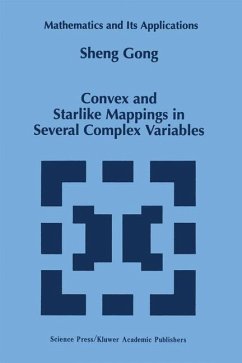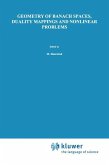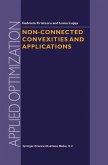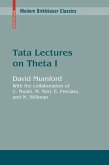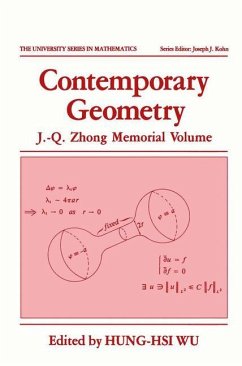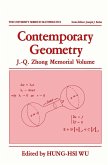This interesting book deals with the theory of convex and starlike biholomorphic mappings in several complex variables. The underly ing theme is the extension to several complex variables of geometric aspects of the classical theory of univalent functions. Because the author's introduction provides an excellent overview of the content of the book, I will not duplicate the effort here. Rather, I will place the book into historical context. The theory of univalent functions long has been an important part of the study of holomorphic functions of one complex variable. The roots of the subject go back to the famous Riemann Mapping Theorem which asserts that a simply connected region n which is a proper subset of the complex plane C is biholomorphically equivalent to the open unit disk ~. That is, there is a univalent function (holo morphic bijection) I : ~ -+ n. In the early part of this century work began to focus on the class S of normalized (f (0) = 0 and I' (0) = 1) univalent functions defined on the unit disk. The restriction to uni valent functions defined on the unit disk is justified by the Riemann Mapping Theorem. The subject contains many beautiful results that were obtained by fundamental techniques developed by many mathe maticians, including Koebe, Bieberbach, Loewner, Goluzin, Grunsky, and Schiffer. The best-known aspect of univalent function theory is the so-called Bieberbach conjecture which was proved by de Branges in 1984.
Bitte wählen Sie Ihr Anliegen aus.
Rechnungen
Retourenschein anfordern
Bestellstatus
Storno

